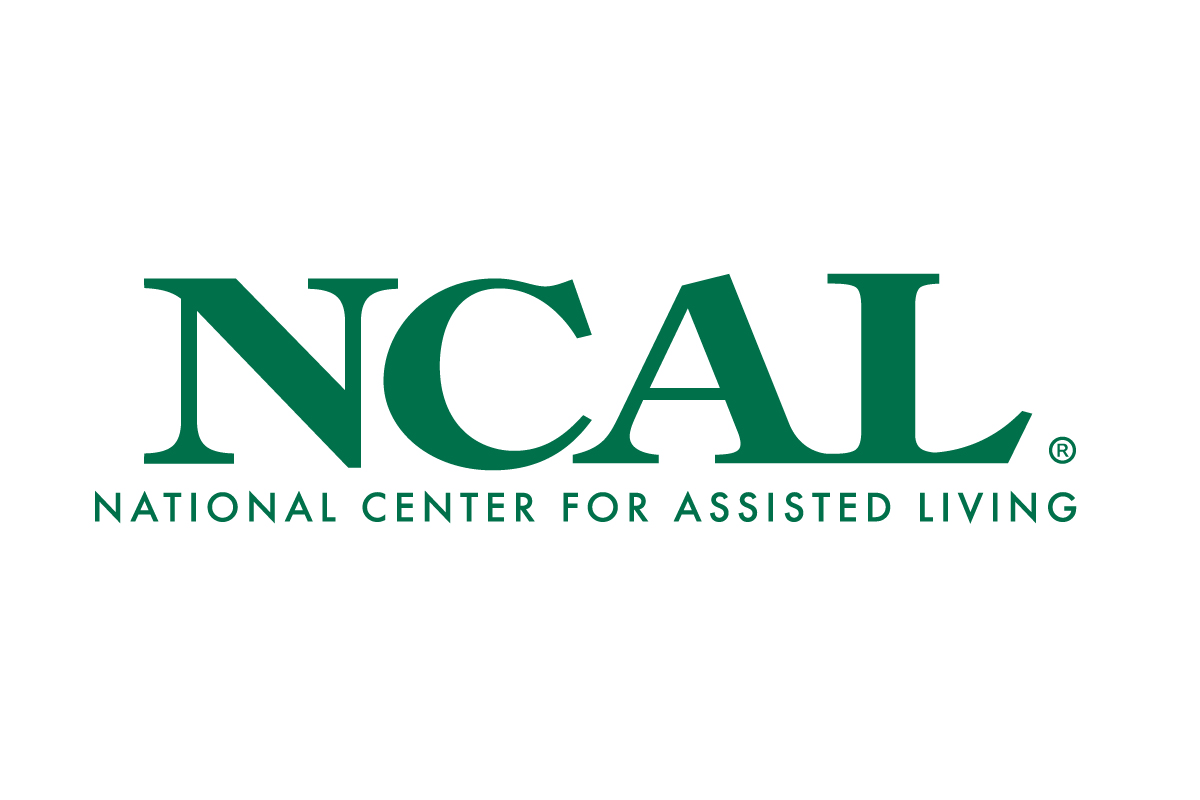NCAL Report States Continue Strengthening Assisted Living Regulations
Nearly two-thirds of states updated assisted living requirements
9/15/2022
Assisted living regulations, statutes, and policies in 33 states were updated between 2020-2022, according to the National Center for Assisted Living's (NCAL) 2022 edition of the “Assisted Living State Regulatory Review" released today.
“States continue to demonstrate their ability to respond to the evolving assisted living environment, foster quality improvement, support transparency for consumers, and maintain resident safeguards," said LaShuan Bethea, NCAL Executive Director. “NCAL supports ongoing collaborative efforts between assisted living providers, state regulators, and all stakeholders to properly balance oversight while continuing to honor residents' needs and desires."
The report also found the following:
- Forty-six states and the District of Columbia (92%) require a consumer disclosure, agreement, and/or bill of rights for residents.
- All 50 states and the District of Columbia require a form of resident assessment and, at minimum, provide activities of daily living for residents.
- Forty-nine states and the District of Columbia (98%) have provisions around, and allow, providing medication management to residents.
- Forty-five states and the District of Columbia (90%) have minimum educational and/or training requirements for assisted living administrators/directors.
“It is clear from the trends we have seen over the years that state regulations continue to increase in assisted living," said Jill Schewe, NCAL's director of policy and regulatory affairs and the report's author. “States are making changes as they determine how to best serve their specific resident populations in the years ahead, and we anticipate this trend will continue."
The “Assisted Living State Regulatory Review" summarizes key selected state requirements for assisted living licensure or certification. It provides information for every state and the District of Columbia on topics such as which state agency licenses assisted living, recent legislative and regulatory updates affecting assisted living, and requirements for resident agreements, admission and discharge, units serving people with Alzheimer's or other dementias, staffing, and training.
The report also includes requirements for communities that offer seniors and people with disabilities housing, supportive services, person-centered assistance with activities of daily living, and some level of health care but may use a different term than assisted living (such as residential care and personal care homes).
The full report along with summaries for each state are available on the NCAL website.
